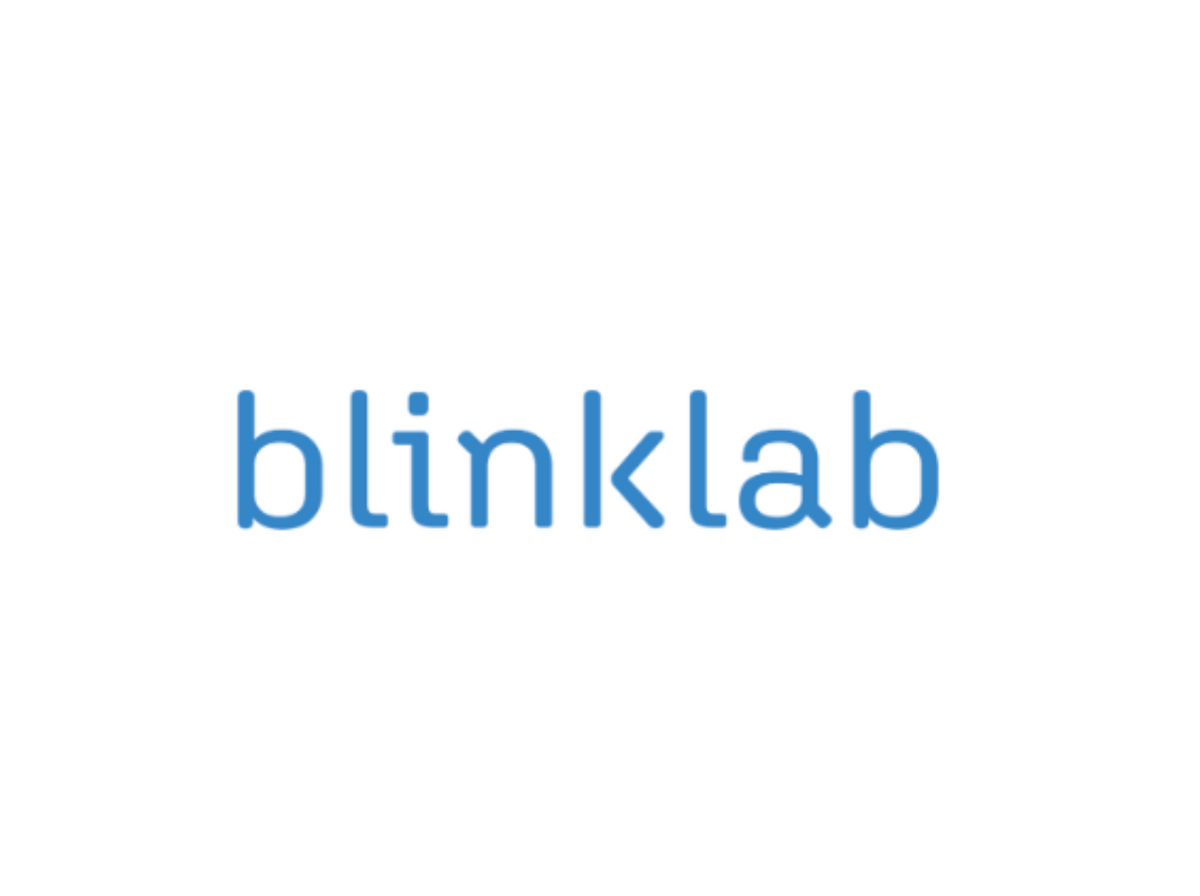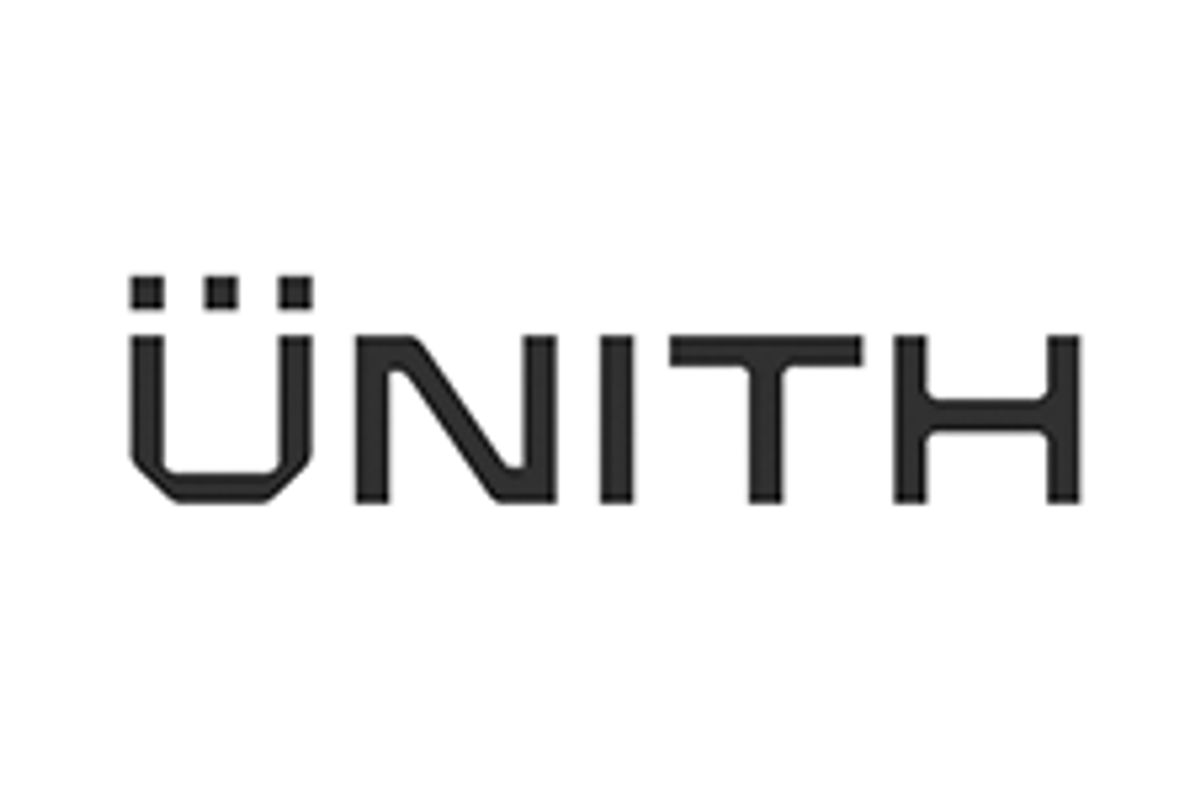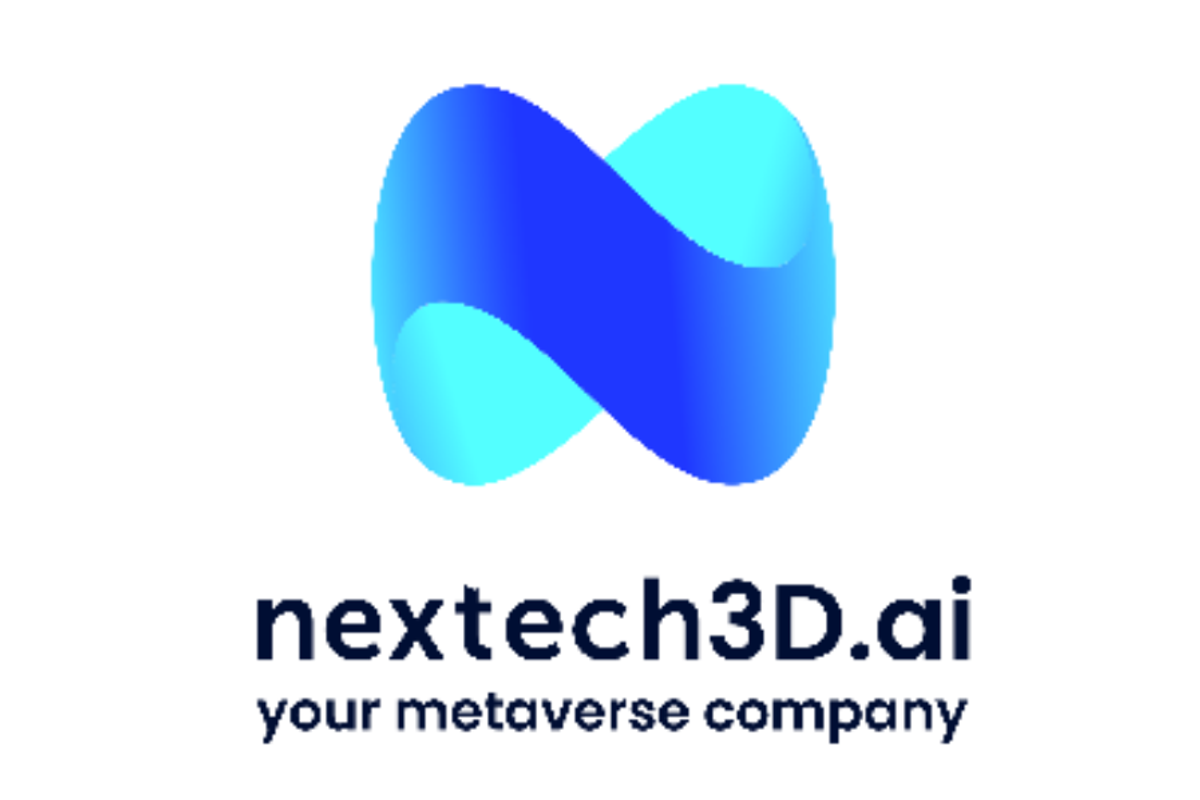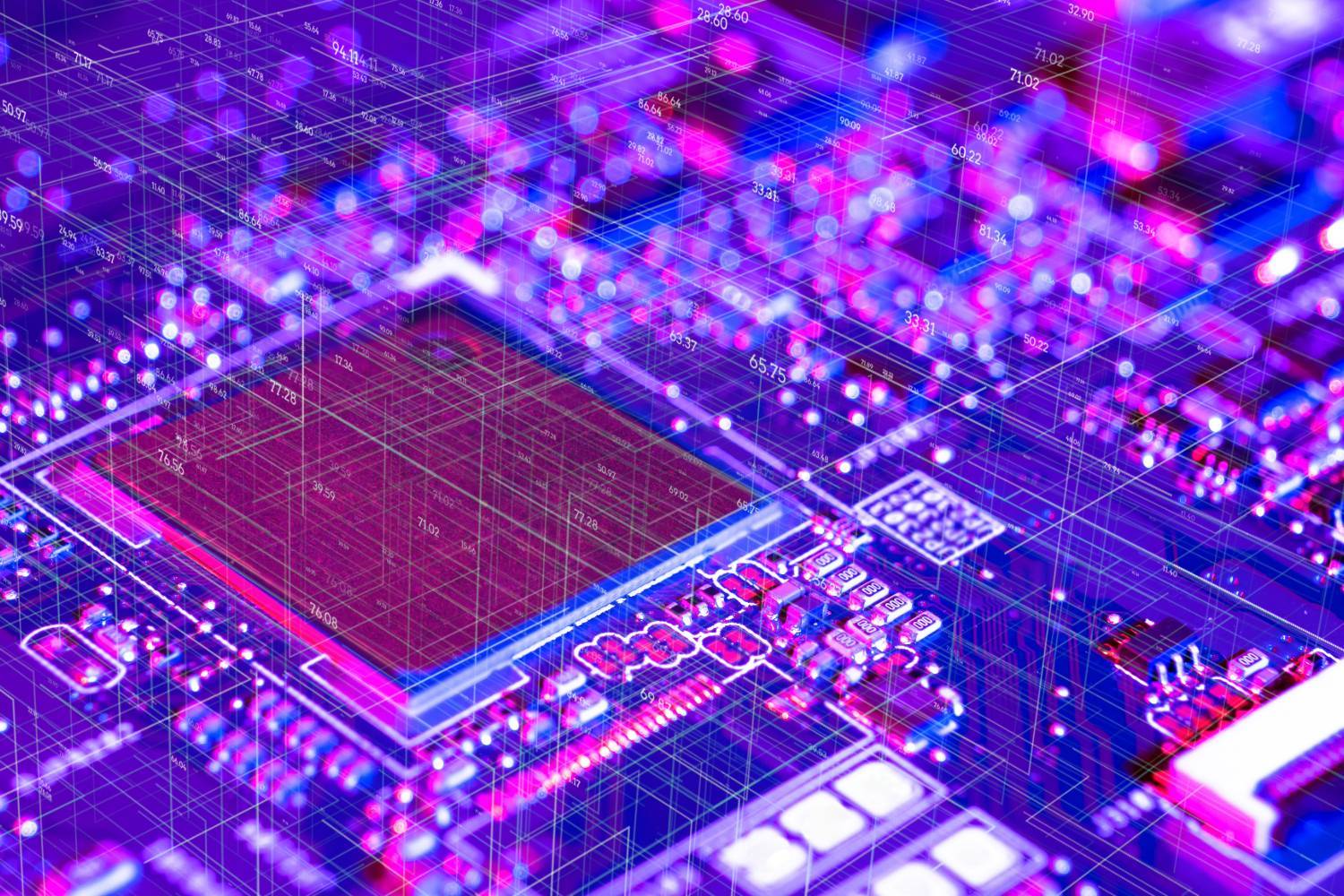
February 05, 2024
A new study published in the journal Nature has established a proof-of-principle for conducting neurobehavioural testing outside conventional lab facilities using accessible smartphone technology.
The study, conducted by Henk-Jan Boele, et al, tested a smartphone-based software platform, called BlinkLab, to perform neurobehavioral testing without the need for facial instruments or other fixed-location equipment.
“Since these tests are reflex-based and do not require verbal or social interaction, they allow for large-scale, cross-cultural human studies and cross-species translational research,” the study authors said.
Neurobehavioral testing of brain function can reveal fundamental mechanisms underlying neuropsychiatric conditions, but conventional tests typically require test subjects to be at a lab facility and wear instruments attached to the face, which can make participants uncomfortable.
BlinkLab’s AI-based platform can be used at home or in other environments. The tests include eyeblink conditioning, a form of sensory-motor associative learning; prepulse inhibition of the acoustic startle response, which measures the ability to filter out irrelevant information through sensorimotor gating and startle habituation, which measures the ability for the intrinsic damping of repetitive stimuli.
Click here to connect with BlinkLab for an Investor Presentation

Sign up to get your FREE
Silverco Mining Investor Kit
and hear about exciting investment opportunities.
- Corporate info
- Insights
- Growth strategies
- Upcoming projects
GET YOUR FREE INVESTOR KIT
The Conversation (0)
17 February
Silverco Mining
Advancing a high-grade silver mining complex in Mexico
Advancing a high-grade silver mining complex in Mexico Keep Reading...
04 February
AI Infrastructure Moving to the Edge to Transform User Experience
While the first phase of the AI gold rush was defined by massive investments in centralized data centers, 2026 is about proving those billions can translate into fast, reliable AI that people will use every day. One Canadian startup, PolarGrid, is betting that the answer lies at the edge rather... Keep Reading...
29 January
Quarterly Activities/Appendix 4C Cash Flow Report
Unith (UNT:AU) has announced Quarterly Activities/Appendix 4C Cash Flow ReportDownload the PDF here. Keep Reading...
20 January
The Performance Chasm: Is the AI Rally Over or Just Shifting Gears?
The investment landscape of 2025 will be remembered for its historic divide, where the widespread boom in artificial intelligence (AI) created a tale of two worlds in the stock market.On one side, the Magnificent 7 and specialized players like Palantir Technologies (NASDAQ:PLTR) drove massive... Keep Reading...
20 January
Nextech3D.ai Scales National Event Infrastructure to 35 Major U.S. Cities; Launches 58 New AI-Ready Experiences to Meet Enterprise Demand
Strategic Integration of Generative AI 'Semantic Memory' via OpenAI and Pinecone Vector Database Supports Rapid Expansion of Corporate Engagement Platforms TORONTO, ON / ACCESS Newswire / January 20, 2026 / Nextech3D.ai (OTCQB:NEXCF)(CSE:NTAR,OTC:NEXCF)(FSE:1SS), a leader in AI-powered event and... Keep Reading...
16 January
Tech Weekly: Chip Stocks Soar on Taiwan Semiconductor Earnings
Welcome to the Investing News Network's weekly brief on tech news and tech stocks driving the market. We also break down next week's catalysts to watch to help you prepare for the week ahead.Don't forget to follow us @INN_Technology for real-time news updates!Securities Disclosure: I, Meagen... Keep Reading...
16 January
Nextech3D.ai Partners with BitPay to Power Crypto and Stablecoin Payments for Events
Company Strengthens Event Tech Infrastructure with Milestone AWS Migration and Enhanced Blockchain CredentialingAWS Cloud Infrastructure OptimizationSmart Contract UniformityFlexible Asset Standards ERC721/ ERC1155 TORONTO, ON AND NEW YORK CITY, NY / ACCESS Newswire / January 16, 2026 /... Keep Reading...
Latest News

Sign up to get your FREE
Silverco Mining Investor Kit
and hear about exciting investment opportunities.
- Corporate info
- Insights
- Growth strategies
- Upcoming projects
GET YOUR FREE INVESTOR KIT
Interactive Chart
Latest Press Releases
Related News
TOP STOCKS
American Battery4.030.24
Aion Therapeutic0.10-0.01
Cybin Corp2.140.00




